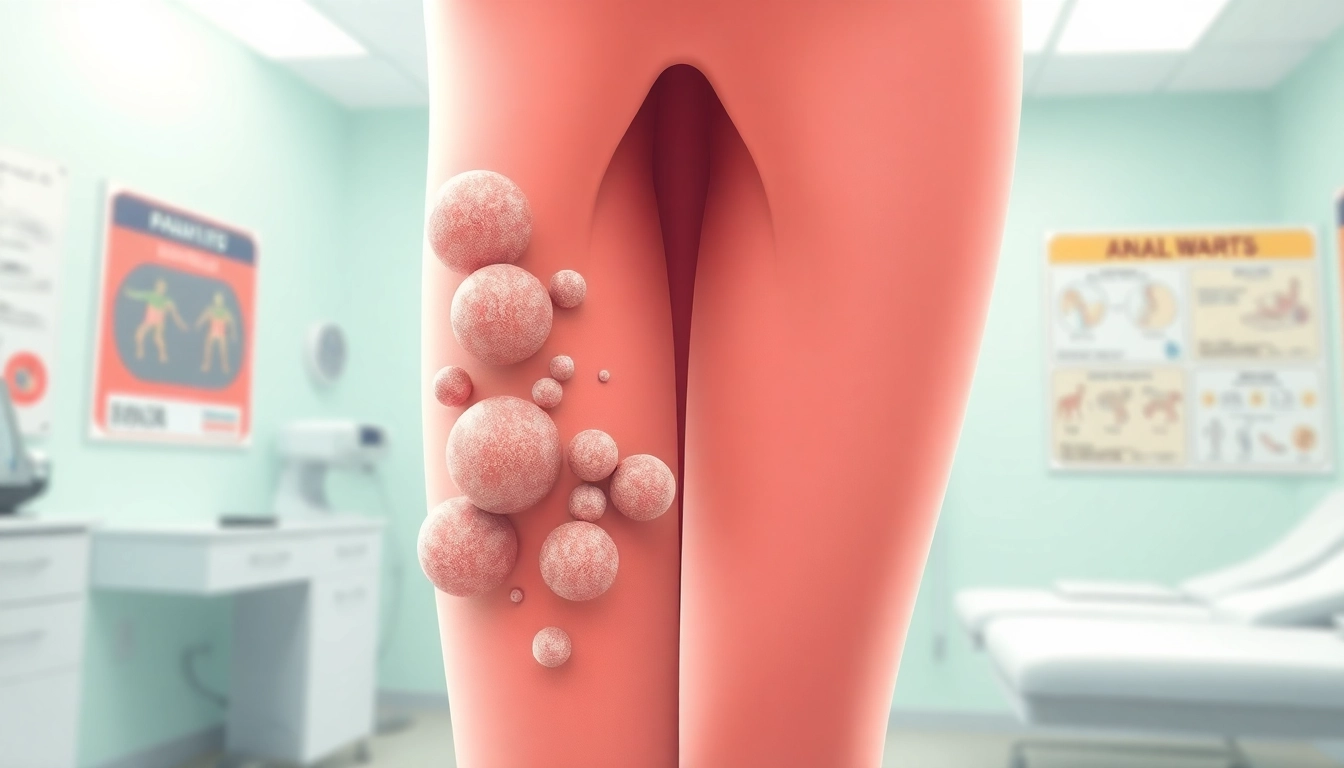
What Are Postpartum Depression Symptoms?
Postpartum depression (PPD) is a serious mental health condition that affects many individuals after childbirth. It manifests through various symptoms that can significantly impact day-to-day functioning and the overall well-being of both the parent and child. Understanding these postpartum depression symptoms is crucial for early recognition and treatment.
Common Signs and Indicators
One of the primary challenges in recognizing PPD is the variety of symptoms it can present. Common signs include:
- Persistent sadness or low mood
- Loss of interest or pleasure in activities once enjoyed
- Significant changes in appetite or weight
- Sleep disturbances, including insomnia or oversleeping
- Feelings of worthlessness or excessive guilt
- Difficulty concentrating or making decisions
- Recurrent thoughts of death or suicide
- Increased anxiety or panic attacks
These symptoms can vary in intensity and duration, making it essential for caregivers and loved ones to maintain vigilance regarding mood changes following childbirth.
How Symptoms Can Vary
The symptoms of postpartum depression can vary widely from one individual to another. Some might experience mild symptoms that come and go without impacting their daily lives, while others may have severe symptoms that interfere with their ability to care for their newborn or themselves. The onset of symptoms can also differ; while some new parents experience signs of PPD within the first few days postpartum, others may develop symptoms weeks or even months after delivery.
The Emotional and Physical Impact
Beyond the typical emotional symptoms, postpartum depression can also have physical manifestations. Individuals may experience chronic fatigue, unexplained aches and pains, or changes in energy levels. The emotional impact of PPD is profound; it can lead to difficulties in bonding with the newborn, challenges in maintaining relationships, and a general sense of isolation. It is vital to understand that these symptoms are not simply a result of “just being a new parent” but can indicate a serious mental health condition requiring professional support.
Causes and Risk Factors of Postpartum Depression
Understanding the causes and risk factors associated with postpartum depression is crucial for prevention and treatment strategies. The onset of PPD is often multifactorial, stemming from a combination of biological, psychological, and social factors.
After childbirth, a dramatic drop in hormone levels occurs, specifically estrogen and progesterone. These hormonal fluctuations can contribute to mood changes. Research has shown that abrupt hormonal changes may trigger biochemical processes that elevate the risk of depressive symptoms in susceptible individuals. Additionally, the thyroid hormone levels can also decline significantly, further impacting mental health.
Life Stressors That Contribute
Various life stressors can exacerbate the risk of postpartum depression. Stress from financial instability, relationship issues, or lack of support can lead to feelings of overwhelm. Transitioning into parenthood is itself a significant life change, and individuals who feel unprepared or unsupported may find this transition particularly challenging.
Genetics and Family History
An individual’s family history plays an important role in postpartum depression risk. Those with a family history of depression or other mood disorders are at a higher risk of experiencing PPD. Genetics can influence the way in which a person copes with stress, their hormonal response to childbirth, and their overall vulnerability to mental health issues.
Diagnosis and Assessment Procedures
Diagnosing postpartum depression involves a thorough clinical evaluation, where health professionals will assess symptoms and their impact on daily functioning.
Clinical Evaluation and Tools
Health professionals may use various assessment tools to diagnose PPD, including standardized questionnaires like the Edinburgh Postnatal Depression Scale (EPDS). This tool is designed to identify depressive symptoms in new parents and help guide appropriate care. A comprehensive clinical evaluation will also consider the personal history and the specific context surrounding the new parent’s experience.
The Role of Health Professionals
Health professionals, including obstetricians, midwives, and mental health counselors, play a crucial role in identifying and managing postpartum depression. Their training allows them to recognize the subtleties of PPD and recommend targeted interventions. Education for healthcare workers related to PPD is essential to ensure that they can provide appropriate support and treatment options.
Importance of Timely Diagnosis
Timely diagnosis of postpartum depression is critical for effective intervention. Early recognition can lead to timely treatment, which significantly reduces the severity of the condition and improves outcomes for the parent and baby. Families and support systems should be educated on the signs so they can seek help promptly.
Effective Treatment Options
Effective treatment of postpartum depression typically involves a combination of therapy, medication, and social support.
Counseling and Psychotherapy Approaches
Various psychotherapeutic approaches can be effective in treating postpartum depression. Cognitive Behavioral Therapy (CBT) has been widely studied and is often recommended as a first-line treatment. CBT focuses on identifying and altering negative thought patterns and behaviors contributing to depressive symptoms. Other therapeutic techniques, such as interpersonal therapy (IPT) and mindfulness-based cognitive therapy (MBCT), may also provide significant benefits.
Medications and Their Use
Antidepressant medications can be an important component of treatment for postpartum depression, particularly when symptoms are severe. Selective serotonin reuptake inhibitors (SSRIs) are frequently prescribed due to their relative safety and efficacy. However, it is essential for parents to consult with their healthcare provider about the potential risks and benefits of medication, especially when breastfeeding.
Support Networks and Resources
Building a support network is crucial for recovery from postpartum depression. Support can come from a variety of sources, including family, friends, and peer support groups. Engaging with others who have experienced similar challenges can reduce feelings of isolation and provide practical strategies for coping. Community resources—such as local parenting groups, mental health services, and online platforms—can also be invaluable for new parents seeking help.
Living with Postpartum Depression: Practical Strategies
Living with postpartum depression requires proactive strategies that focus on self-care and building strong support systems.
Self-Care Techniques for Recovery
Practicing self-care is fundamental for recovery from postpartum depression. Techniques may include regular exercise, which has been shown to improve mood and reduce stress. Mindfulness practices, such as meditation and yoga, can also help enhance emotional regulation. Additionally, ensuring sufficient sleep, maintaining a healthy diet, and setting realistic goals are crucial components of self-care that contribute to recovery.
Building a Support System
Creating a robust support system is essential. New parents should communicate openly with their partners about their feelings, and they should seek assistance when needed. This can involve delegating tasks to family members or hiring help for childcare, household responsibilities, or meal preparation. Feeling supported can alleviate stress and create a more nurturing environment for both the parent and child.
Long-term Outlook and Management
While postpartum depression can be challenging, effective treatment strategies exist to help individuals manage their symptoms and thrive. For many, symptoms resolve within a few months; however, some may require ongoing support and treatment. Regular follow-ups with healthcare providers can help track symptoms and adjust treatment plans as necessary. A proactive approach towards mental health can foster resilience and improve the overall quality of life for both new parents and their families.






